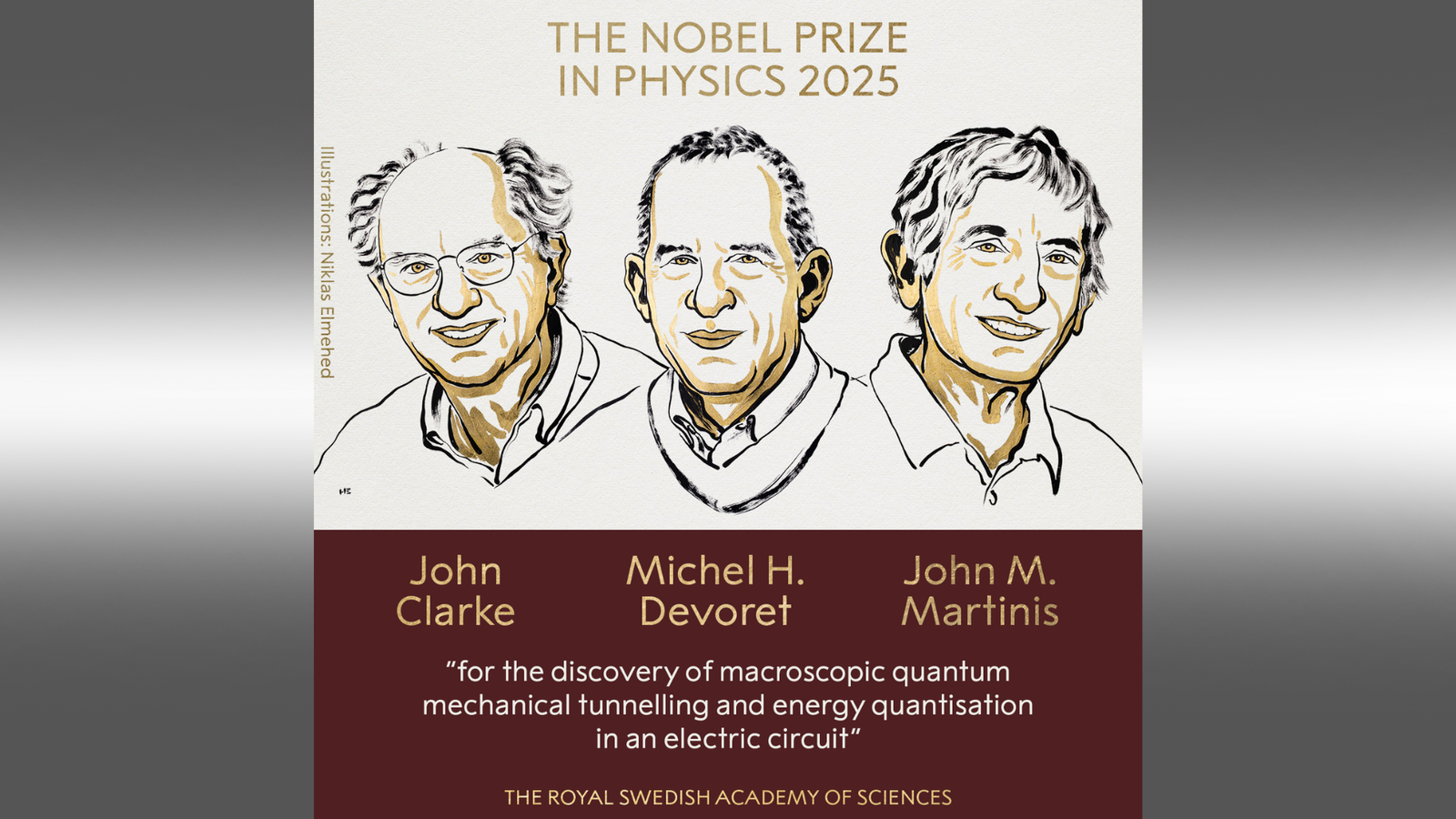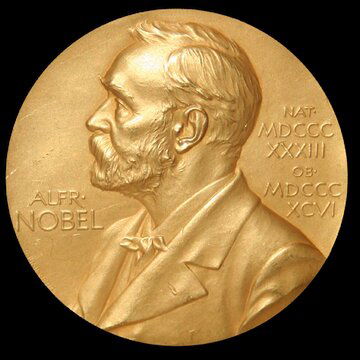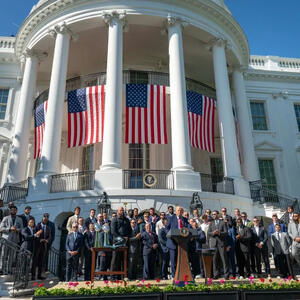Three pioneering scientists, namely John Clarke, Michel H. Devoret, and John M. Martinis have won the 2025 Nobel Prize in Physics for their trailblazing experiments that took quantum mechanics from the microscopic universe to the macroscopic universe. The Noble Prize reported that the trio's research showed how quantum tunnelling and energy quantisation, which were only seen in minute particle systems, could occur in big superconducting electrical circuits.
Their test on a centimetre-scale superconducting chip showed quantum physics in a system of billions of Cooper pairs, electrons paired in superconductivity between atomic-scale physics and everyday-scale objects.
John Clarke: the trailblazer of superconducting quantum detection
Native to the United Kingdom, John Clarke received his B.A., M.A., and Ph.D. from Cambridge University before moving to the University of California, Berkeley, where he is presently Professor Emeritus of Physics and Senior Scientist at the Lawrence Berkeley National Laboratory. Clarke's work on superconductivity and invention of the Superconducting Quantum Interference Device (SQUID) revolutionized magnetic field detection. His mid-1980s work helped confirm macroscopic quantum tunnelling and energy quantisation in superconducting circuits which are the discoveries that paved the way for quantum computing.
Michel Devoret and John Martinis: bridging theory and application
French physicist Michel H. Devoret, currently F.W. Beinecke Professor of Applied Physics at Yale, was initially a member of Clarke's group at Berkeley. His work with Josephson junction circuits verified that macroscopic electrical circuits had the potential to act like quantum particles, and they formed the basis for measurement and quantum error correction.
John M. Martinis, UC Berkeley alumnus and former UC Santa Barbara professor, went on to head Google's Quantum AI group. His experiments made macroscopic evidence of quantum tunnelling a solid reality, bringing theoretical physics to technological breakthrough.
The trio, Clarke, Devoret, and Martinis, brought quantum theory from theoretical physics to useful technology which is a leap that still defines the future of quantum computing.











